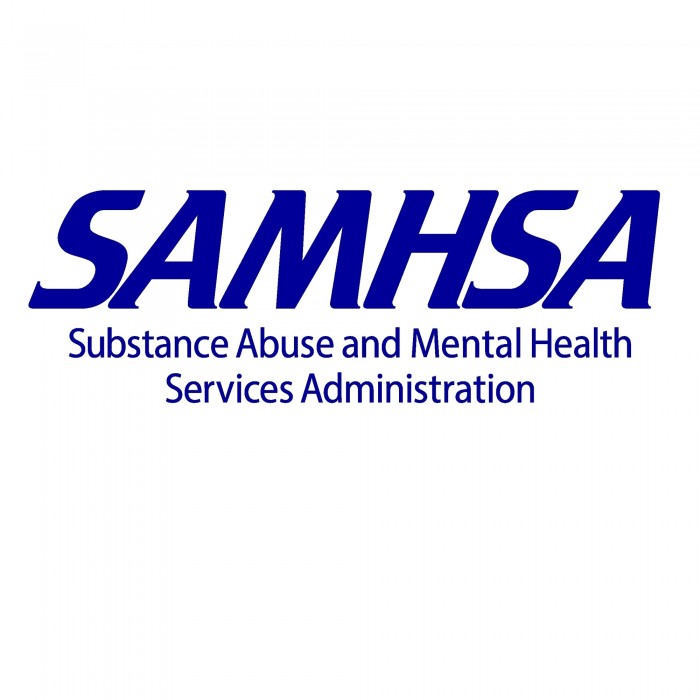Today, the Department of Drug and Alcohol Programs (DDAP) shared information with providers informing them that the Substance Abuse and Mental Health Services Administration (SAMHSA) has published a series of advisories based on existing Treatment Improvement Protocols (TIPs) and Technical Assistance Publications (TAPs). These advisories summarize updated guidance and recommendations on topics in the substance use disorder (SUD) treatment field. The new advisories include:
Advisory: Comprehensive Case Management for Substance Use Disorder Treatment
Published: January 2021
This advisory is based on TIP 27: Comprehensive Case Management for Substance Abuse Treatment. It surveys the underlying principles and models of case management, discusses reasons SUD treatment providers might consider implementing or expanding the use of case management, and lists some case management resources and tools.
Advisory: Using Motivational Interviewing in Substance Use Disorder Treatment
Published: January 2021
This advisory is based on TIP 35: Enhancing Motivation for Change in Substance Use Disorder Treatment. It addresses the spirit, application, and fundamentals of motivational interviewing (MI), discusses how practitioners can effectively employ MI in SUD treatment, and provides tools that practitioners can use to encourage and promote lasting positive outcomes for their clients.
Advisory: Screening and Treatment of Viral Hepatitis in People with Substance Use Disorders
Published: January 2021
This advisory is based on TIP 53: Addressing Viral Hepatitis in People with Substance Use Disorders. It offers guidance to providers and administrators in SUD treatment programs on screening for and treating clients with Hepatitis A, Hepatitis B, and Hepatitis C infections.
Advisory: Screening and Treatment of Substance Use Disorders Among Adolescents
Published: January 2021
This advisory is based on TIP 31: Screening and Assessing Adolescents for Substance Use Disorders and TIP 32: Treatment of Adolescents with Substance Use Disorders. It includes recommendations for engaging adolescents in SUD risk assessment, screening, and treatment.
Advisory: Addressing Suicidal Thoughts and Behaviors in Substance Use Treatment
Published: January 2021
This advisory is based on TIP 50: Addressing Suicidal Thoughts and Behaviors in Substance Abuse Treatment. It provides strategies for identifying and addressing suicidal thoughts and behaviors in individuals with SUDs.
Advisory: Treating Substance Use Disorders Among People with HIV
Published: January 2021
This advisory is based on TIP 37: Substance Abuse Treatment for Persons with HIV/AIDS. It highlights strategies and considerations for SUD treatment providers to effectively engage people with HIV in SUD treatment.
Advisory: Group Therapy in Substance Use Treatment
Published: January 2021
Based on TIP 41: Substance Abuse Treatment Group Therapy, this advisory provides an overview of goals, processes, group-specific approaches, resources, and common elements that support favorable outcomes in group therapy.
Advisory: Prescribing Pharmacotherapies for Patients with Alcohol Use Disorder
Published: January 2021
This advisory, based on TIP 49: Incorporating Alcohol Pharmacotherapies into Medical Practice, focuses on medication and related treatment decisions made after screening and assessment for alcohol use disorder (AUD) and medically supervised withdrawal if necessary. Alcohol consumption should not stop abruptly in those patients who have consumed alcohol regularly over a prolonged period of time. This advisory is meant as an overview of AUD medications to facilitate abstinence.
Advisory: The Importance of Family Therapy in Substance Use Disorder Treatment
Published: January 2021
This advisory is based on TIP 39: Substance Use Disorder Treatment and Family Therapy. It surveys basic factors for programs and providers to consider when implementing family-related therapy approaches, goals, and processes for conducting effective family counseling and resources for further learning about family therapy techniques and models.
Advisory: The Substance Use Disorder Counseling Competency Framework – An Overview
Published: January 2021
This advisory is based on TAP 21: Addiction Counseling Competencies: The Knowledge, Skills, and Attitudes of Professional Practice. It discusses the development of the counseling competencies and the validated research on which they are based, provides a simplified overview of their structure and the elements of a typical competency, and outlines how these competencies are changing the field of SUD treatment nationwide. The advisory also addresses the critical role of cultural competence.
Advisory: Integrating Vocational Services into Substance Use Disorder Treatment
Published: January 2021
This advisory, based on TIP 38: Integrating Substance Abuse Treatment and Vocational Services, presents strategies and resources for SUD treatment counselors and program directors to improve outcomes for clients in recovery by helping them find and keep employment and deal with workplace stresses. This advisory is directed to programs serving clients who are unemployed, underemployed, or struggling in workplace settings.















